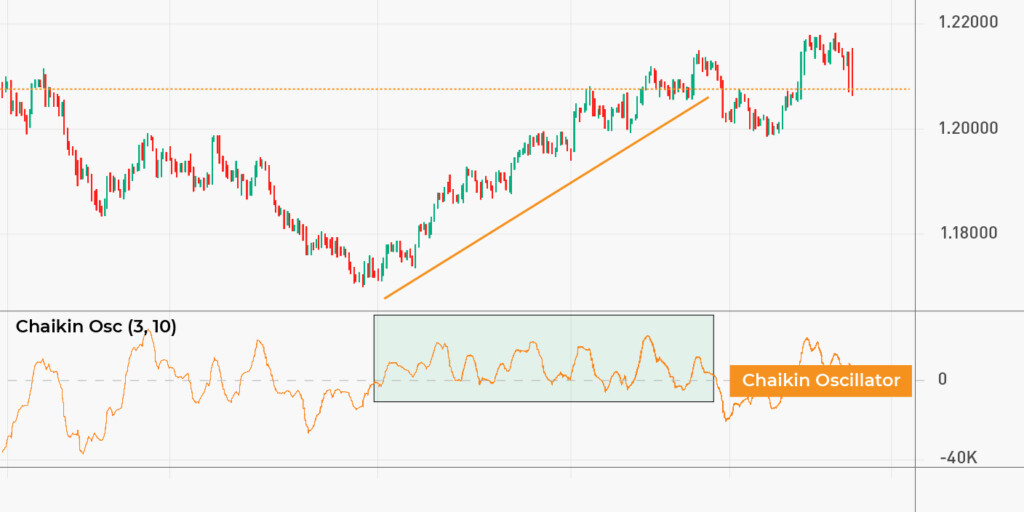

As a first-time trader, the least you want to do is head out to the global market with no plan. A trading plan is a detailed decision-making tool for your trading activity. There are several trading plans that you can implement to actualize profit within a very short time. However, to get good trading results you must understand how this plan works and how to apply them in your every trade.
What is a short-term trading template
A short-term trading template is a format that shows traders (particularly first-time traders) how to take advantage of small market momentum. It is used as an alternative trading plan to hold a position for days or weeks. This template focuses on price action rather than long-term asset fundamentals.
4 short-term trading plans for novice traders
1. The 20:10 plan of action
The “20:10 plan of action” simply refers 20% savings and 10% investment
Steps to do:
- Identify an ideal trading asset.
- Adopt several risk management strategies to keep your trading loss below 10%.
- Set another stop loss placement to keep your trading loss below 20%
Possible results:
- It helps to limit trade losses.
- The result of the 20:10 plan will mitigate the potential risk involved in you losing all your money on trades.
- With this plan you have better chances of making more profit in the long term.
2. The T—Analytical style
The “T—Analytical” simply refers to trading tool and analysis
Steps to do:
- Pick an oscillators, eg. Resistance oscillator or Bollingar bands. Analyze your previous trades with it.
- Identify the market you want to trade in and analyze with oscillators.
- Compare the results. Then choose your next approach based on your results.
Possible result:
- This plan will enhance your trading accuracy and reduce wrong decision making.
- It will help you identify volatile markets.
- This plan will help reduce recurrence of previous losses.

3. Time Frame layout approach
The “Time Frame layout approach” simply refers to the trading techniques that involves time zone trading
Steps to do:
- Select the preferred trading time frame on your price chart.
- Use 1, 5, and 15 minutes for day trading.
- Use a 60 minute time frame or more for swing trading.
Possible result:
- Shorter time frame layout will enable know the recent asset value and prices. With this you can trade more precisely and better.
- You will be able to access historic market data with a longer time frame layout. This helps you prevent market downturn.
- Time Frame layout allows you to see all-time highs and lows, as well as support and resistance levels, which on the long term increases your profitability

4. The Macro style
The “Macro style” refers to the use of two or three trading bot(Strategy) at the same time
Steps to do:
- Choose any market you desire. Then utilize strategies eg., helicopter and price movement trading bots for analysis.
- Define what assets you will trade, such as stocks, ETFs, currency pairs, and/or commodities.
- Then trade consistently.
Possible result:
- Macro style of trading gives room to profit from upward and downward price movement.
- There is the possibility of large returns and the ability to take advantage of global macroeconomic events.
- There is also the possibility of diversifying your investment.

Take-home
For your trading plan to work, follow the earlier guides. It would be best to settle the question of capital investment time commitment, risk-reward ratio, and trading goals before you start as a first-time trader. If you are still determining whether or not your trading plan works, try it out with a demo account to see how well you will perform. It all starts and ends with your commitment to the activity.






